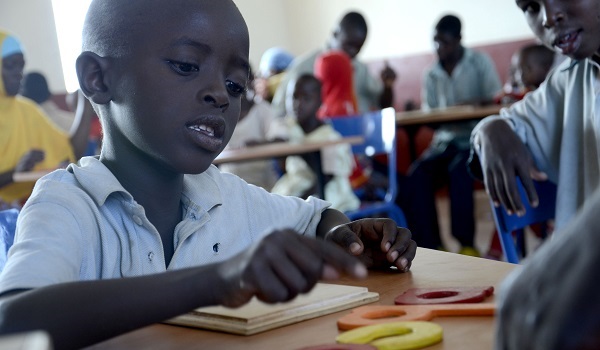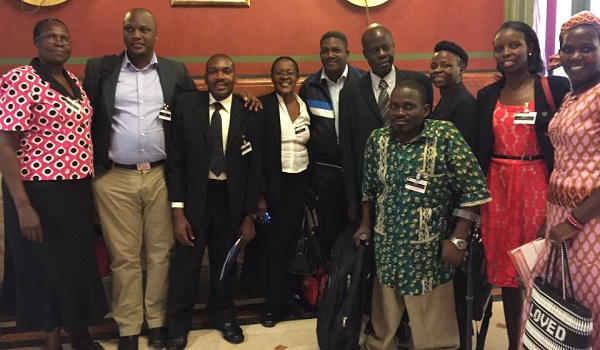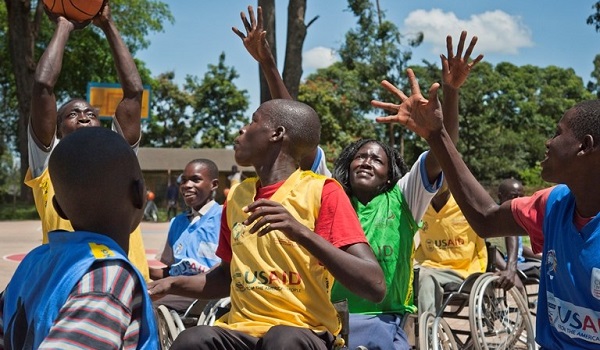Employment is critical for the realisation of human dignity.
Uganda’s constitution talks about affirmative action in favour of marginalised groups in order to redress imbalances which exist against them. However, despite a commendable legal framework, action is still unsatisfactory.
Most disabled people in Uganda have limited or no access to mainstream education services, which leads to a lack of skills and limited opportunities for mainstream employment.
Many also face discrimination and stigma in the communities where they live, and the resulting low self-esteem can leave individuals feeling isolated and afraid of exposing their disability.
The recently re-elected government places an emphasis on private sector-led growth to help generate employment opportunities for Ugandans, but the East African nation’s disabled community are largely failing to benefit.
While reliable statistics are hard to come by, it is widely believed that the majority of people with disabilities in Uganda are unemployed.
The few work opportunities that arise are irregular and those who fall into this unstable existence have never had the chance of an education to learn to read and write, due to being denied the same education opportunities as non-disabled children in their formative years.
The economic activities are risky and low paid, and the quantity and quality of jobs remains a major development challenge.



